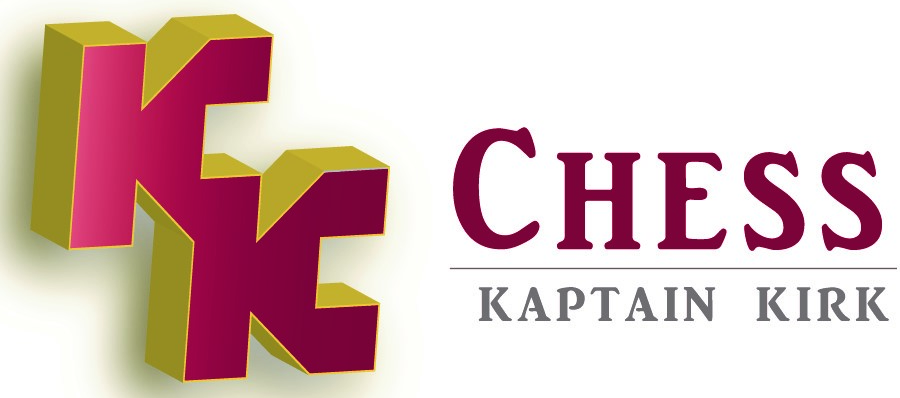Why Chess?
Chess is a complicated mental game modeled after war; the struggle to achieve victory is intense. In developed countries, chess is given more support in recognition of the vast benefits people get from playing the game. I do believe that government investment in promoting chess is money well spent. Even without the business benefits, chess is a fascinating game that is loved by millions around the world.
Nevertheless, it is good to know that it can also be a tool to improve one ’s focus through practice and measuring. Here are skills and benefits that will be developed through my chess program.
6 Critical Thinking Skills Developed Through Chess
1. Problem Solving
In its most simplistic form, chess is quite similar to a large puzzle. In order to “solve” a chess game, players must use problem-solving skills to decide which pieces they should move to yield the best results on the board. As players advance and start playing timed games, chess teaches students how to solve problems on-the-fly.
2. Abstract Reasoning
The ability to engage in abstract reasoning is undoubtedly beneficial to any school-aged student, both in academia and beyond. Chess helps students improve their abstract reasoning skills by helping them learn to recognize patterns on the Chessboard and develop strategies based on those patterns. Chess invites students to practice abstract reasoning through “if, then…” scenarios.
3. Sportsmanship
Students learn chess by discovering which moves work and which ones don’t in certain scenarios. In a chess game, there’s almost always a winner and students will quickly find that they’re going to lose matches from time to time.
Games and activities where there’s a clear-cut winner encourage students to become more sportsmanlike, when they win and when they lose. When children learn early to be good sports, it’s easier for them to overcome loss or failure later on in life.
4. Critical Thinking
To defeat an opponent, a chess player must become a creative thinker. During each game, they need to imagine what will happen with each possible move on the board and then quickly come up with new strategies on the fly. Learning how to use creative thinking skills in real-world scenarios helps students become better problem solvers in their everyday life.
5. Pattern Recognition
Last, but not least, students learn to recognize and respond to patterns as they gain skill at playing chess. This involves not only knowing the different move patterns each chess piece is capable of, but recognizing the potential consequences of each available move and making the right decision based on how each piece is placed on the chessboard.
6. Strategic Thinking
As students combine all the skills above as they learn to play chess, they develop their strategic thinking skills. They learn to combine problem-solving, pattern recognition and creative thinking to make their moves. They discover how to be patient until just the right moment for a big move, and learn that each loss is just an opportunity to perform better the next time. Most importantly, students learn how to develop and execute a strategy.
Think Before You Move
In business, there are also competitors planning to take away your market. Many of the strategies and tactics used in chess are applicable to business situations.
I’m pleased to offer our introductory chess class. For details please click the link provided below. Are you interested in scheduling a private or group session? great start by providing some information so that I will be able to discuss your concerns and expectations.
